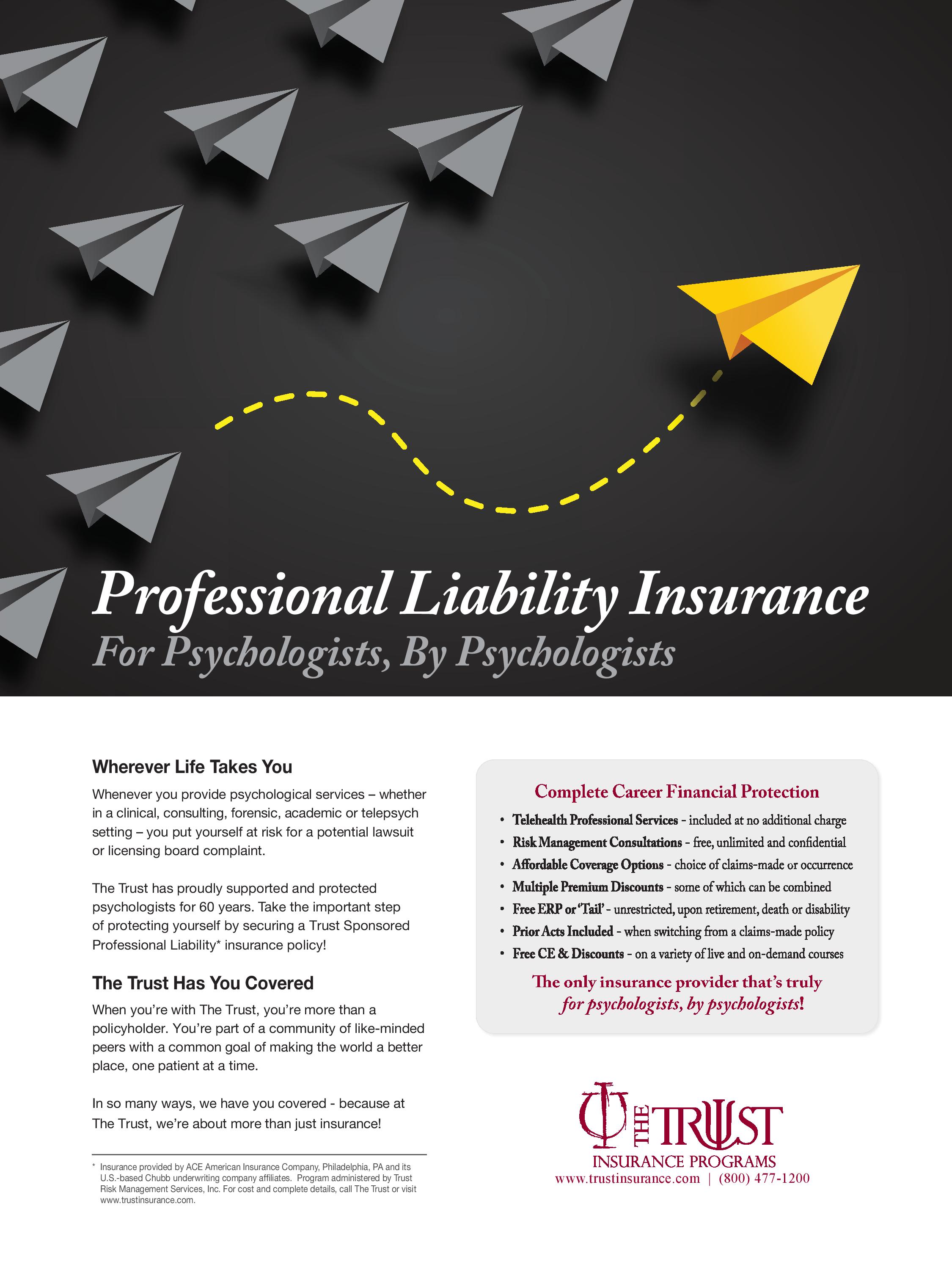Taking Action to Sustain Care in Challenging Times: Supporting our TGNB Clients and Communities
We are in a time of significant legislative challenge focused on Iowa citizens who are transgender/non-binary (TGNB). Recent changes to Iowa law include, amongst several actions, prohibiting youth who are TGNB from accessing gender affirming medical care. This creates challenges for psychologists who work with youth who are TGNB and their family and friends.
As a gay, cis-gender psychologist with a long history of working with people who are TGNB and their communities, I have had the privilege to deepen my understanding about the challenges people who are TGNB must manage and emotionally attend to, while also just moving forward with daily life. State laws that then negatively impact youth who are TGNB make this “lifting” of daily life infinitely more challenging. People of color who are TGNB may experience even heavier burden and may more strongly feel the impact of these laws.
What can psychologists do then to be helpful with TGNB identified youth clients when they are disvalued by their state, do not have access to gender affirming medical care amongst other things, and must also function in daily life? Here are some ideas to consider in our ongoing work to be advocates with and care for those with whom we work.
- Validate the Real. It is possible to read the next four suggestions and perceive the guidance to be: Look for rainbows and just be happy. Hope can be elusive especially when threats are real and suicide risk among TGNB youth is high, with potentially higher risk stemming from the current legislative climate. Validation of what is real is so critical to authenticate and make space for what feels wrong, threatening, and which our evidence-based work tells us is fundamentally counter to the wellbeing of TGNB people.
- Resilience is Not a Bottomless Resource. As emphasized above, it is important to lean in with our TGNB clients to hold and sustain wide open space for anger, frustration, sadness, bewilderment, angst, and everything that comes with feeling targeted and alienated. It is equally important to encourage our clients to continue to also lean into those things that also bring feelings of care, connection, belonging, future orientation, and so on. It takes even more resilience than ever to manage and we must remind and assist our clients so they replenish their wells of resilience.
- Coins Are Always Two Sided. As psychologists, we know the “both/and” becomes universally critical in these times. It is reasonable to be in a doom and despair rabbit hole. In what feels so invalidating and prevents needed medical access, there remains a friend, a family member, a teacher, an online connection, an organization, or someone who cares and who can help struggling clients find or hold onto grounding. Remind your clients they can be angry, despondent, and scared, AND at the same time, feel loved, creative, and motivated. Emotion is both/and, and in challenging times it can be harder to hold and keep this lens in focus.
- The Arc of Justice. In the current zeitgeist it is easy to feel fear and the deepest of apprehensions about the future. How far will this legal parlay go? Is this just the beginning? Is this a testing of the waters for even more legislative actions? Crisis can create a mindset of categorical thinking, loss of perspective, and diminished emotional bandwidth. In this framing, it is useful to remind young TGNB clients of the trajectory that has happened for the TGNB communities in a few decades. When I was a youth, there was no TNGB, there was such shame, hidden community, and no useful language to even understand self. The arc of justice is clear in the greater direction we are heading, even with such setbacks and devastating humps as these. Help clients keep a broad a perspective as possible by seeing the larger arc we are in and not remain stuck exclusively in the current moment.
- Power in Numbers. There are many great state organizations that are a source of support and advocacy, such as OneIowa, United Youth For Action, and others. It is critical in such challenge to have a feeling of being part of something bigger than oneself. The strength we have is in our numbers. It is useful to help our youth connect or stay part of communities larger than their individual selves.
- Support the Supporters. Family and friends need our help, too. We often focus only on the target of such legislative actions and forget the caregivers. Meeting with support systems to shore them up often helps our clients, too.
- Agents of Change. Lastly, for we psychologists, there is the call from the American Psychological Association to be “agents of change.” It is infinitely helpful to assist our clients and, at the same time, we also have the privilege that comes with our education, standing, and expertise to use our abilities at the public health level. Join an organization, write an op-ed, speak out at events, publish, contact legislators, and anything else you can do to make your expertise heard at the larger communal level.
Activist Angela Davis stated, “I am no longer accepting the things I cannot change. I am changing the things I cannot accept.” Let’s do the same!
Please check out this related podcast from IPA: https://spotifyanchor-web.app.link/e/VcroAW5PJyb.

